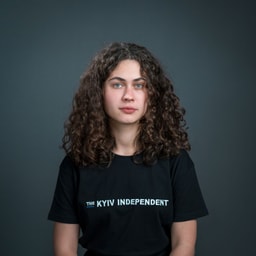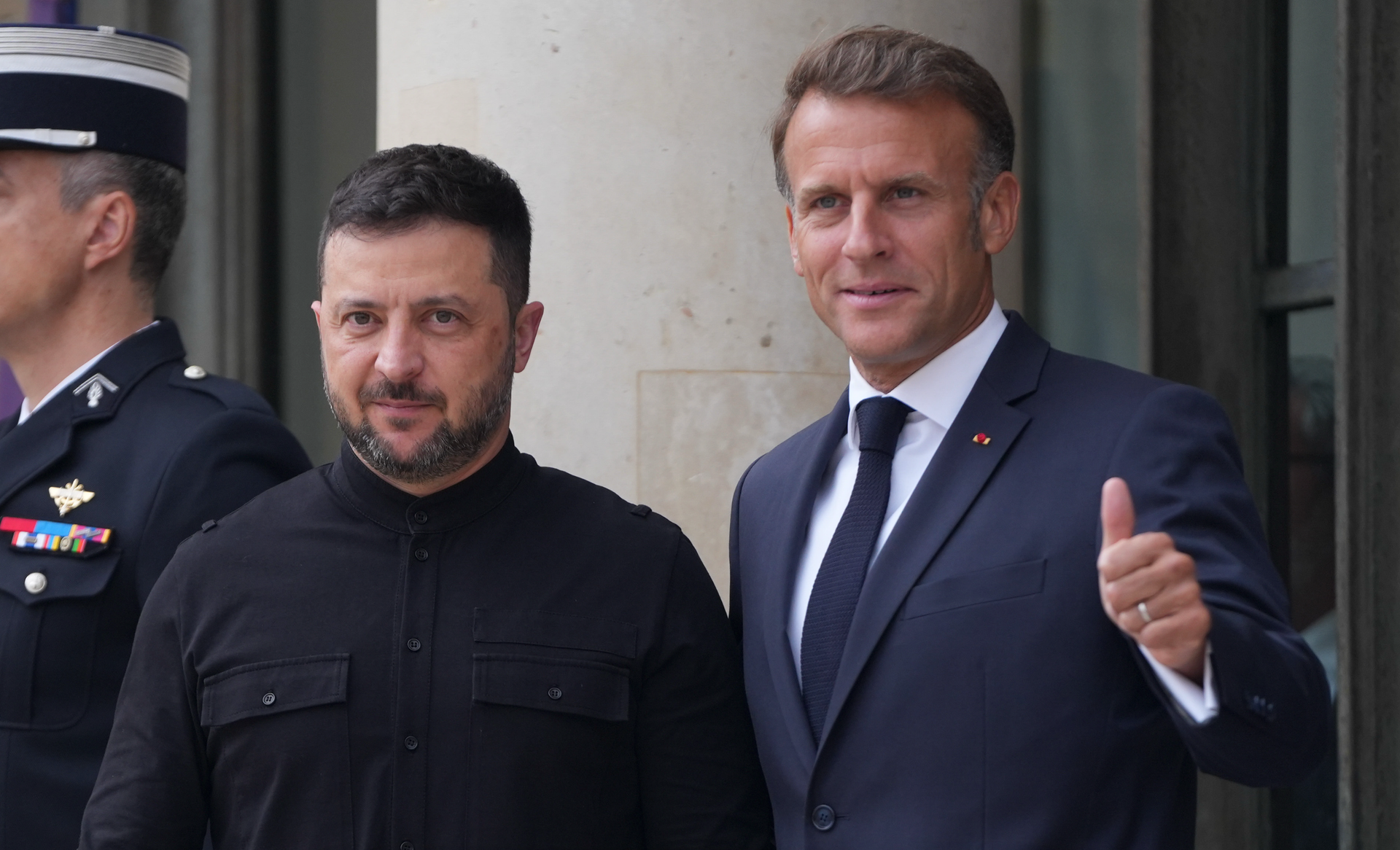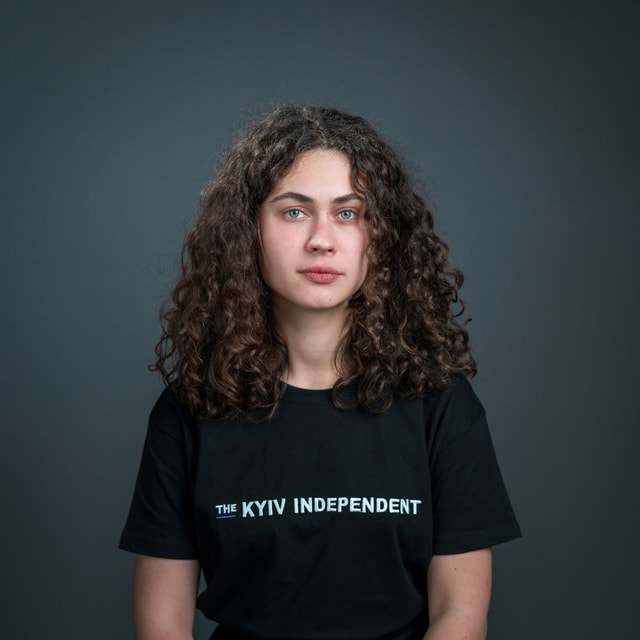Putin says he 'doesn't see much point' in meeting Zelensky

Russian President Vladimir Putin has said on Sept. 5 that he "doesn't see much point" in a meeting with his Ukrainian counterpart Volodymyr Zelensky to discuss ending Russia's war against Ukraine.
Ukrainian and European officials have consistently called for a complete cessation of hostilities as a precondition for good-faith peace negotiations between Kyiv and Moscow. The Kremlin has rejected these demands at every turn, insisting that Ukraine first make extreme concessions — such as the dissolution of its army and the refusal to accept foreign military aid.
"I have said many times that I am ready for these contacts (with Zelensky)," Putin claimed at the Eastern Economic Forum in Vladivostok in Russia's Far East.
"I don't see much point in them (...) because it will be practically impossible to reach an agreement with the Ukrainian side on key issues: even if there is political will, which I doubt, there are legal and technical difficulties."
Among other things, Russia demanded that Ukraine recognize the illegal annexations of its territories and withdraw from the Kyiv-controlled parts of these regions.
Russia occupied and illegally annexed Crimea at the start of its aggression against Ukraine in 2014. In 2022, Moscow also illegally declared the annexation of partially occupied Donetsk, Luhansk, Zaporizhzhia, and Kherson oblasts.
Putin claims that any agreements with Kyiv over the occupied territories must be confirmed through a referendum, as mandated by the Ukrainian Constitution. To achieve this, the martial law currently in effect in Ukraine would need to be lifted.
Zelensky has rejected recognizing any occupied territories as Russian de jure, calling it a "red line" that Kyiv will not cross. Ukraine's Constitution states that the "territory of Ukraine within its present borders is indivisible and inviolable."
Putin also said that he is ready to meet Zelensky only in Moscow.
“If they (Ukraine) want to meet with us, we are ready. The best place for this is the capital of the Russian Federation, the hero city of Moscow," Putin said.
On Sept. 4, after the "Coalition of the Willing" summit in Paris, Zelensky commented on Putin's recent invitation to meet in Moscow. Zelensky said that, if Putin is serious about the meeting, he shouldn't invite him to the Kremlin.
"Russia has started talking about the meeting, which is already good, but so far, we don't see any desire on their part to end the war. Mature leaders should come out of a high-level meeting with some results, preferably an end to the war," Zelensky added.
Putin also said that foreign troops on Ukrainian soil would be considered "legitimate targets for destruction" and that their deployment would be unnecessary if a peace deal is reached.
"If any troops appear there, especially now, during the fighting, we assume that they will be legitimate targets for destruction," Putin said. "And if decisions are reached that will lead to peace, to long-term peace, then I simply see no point in their presence on Ukrainian territory."
His remarks come as Europe intensifies talks on security guarantees for Kyiv in case of a ceasefire or peace deal, including proposals to send foreign peacekeepers to prevent another Russian invasion.











